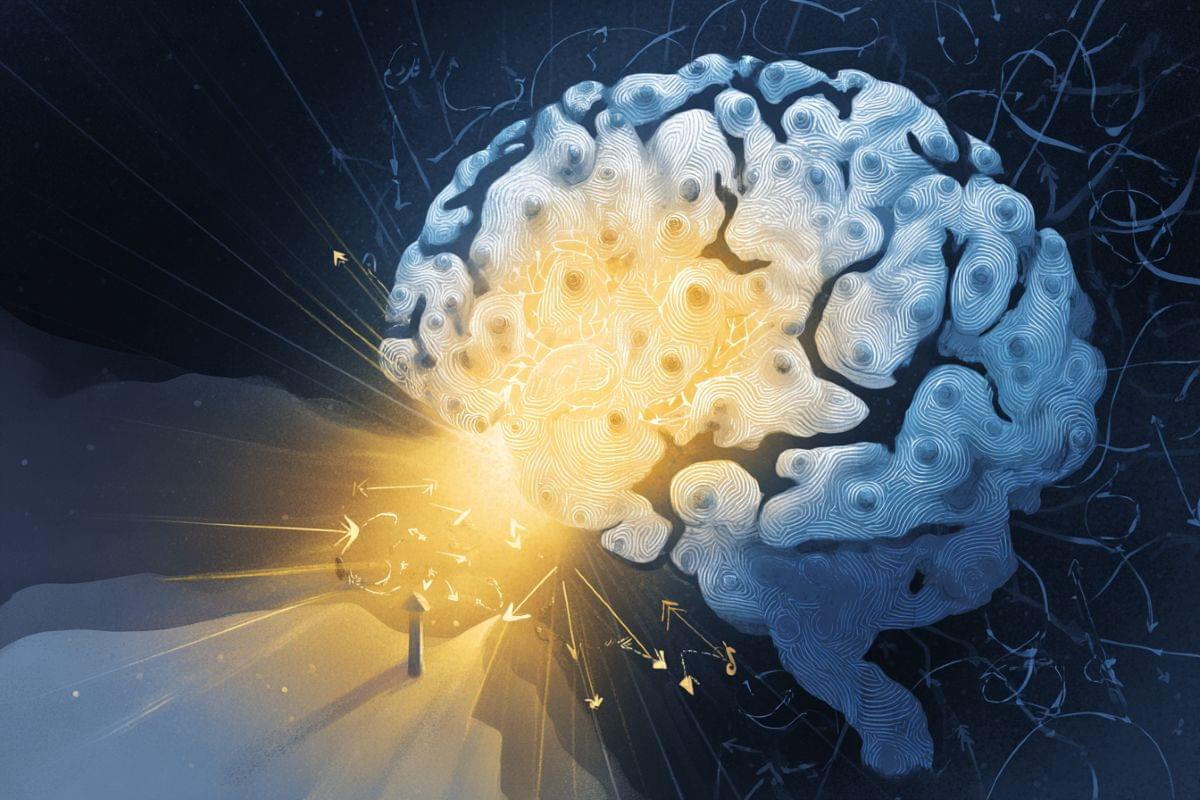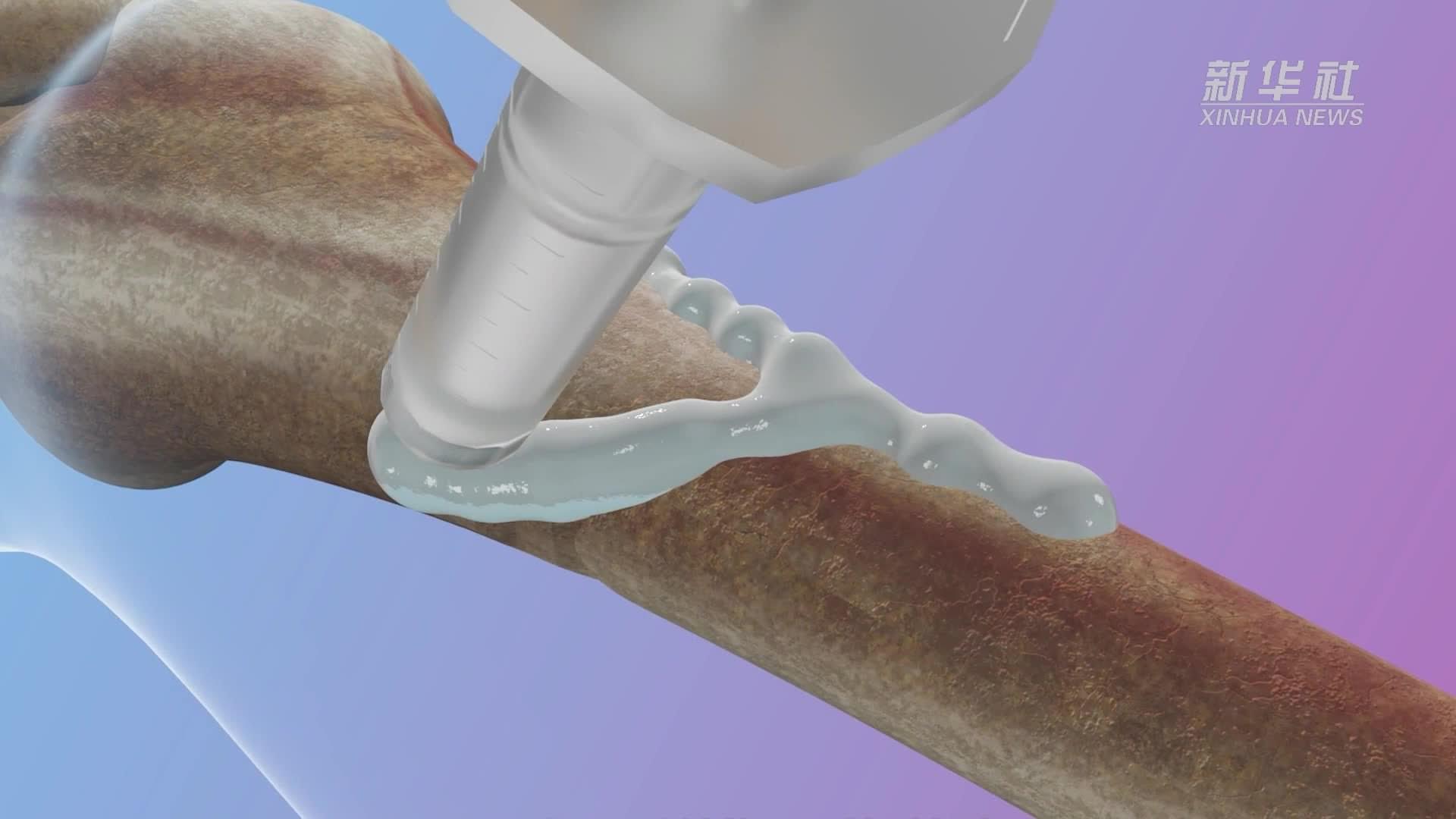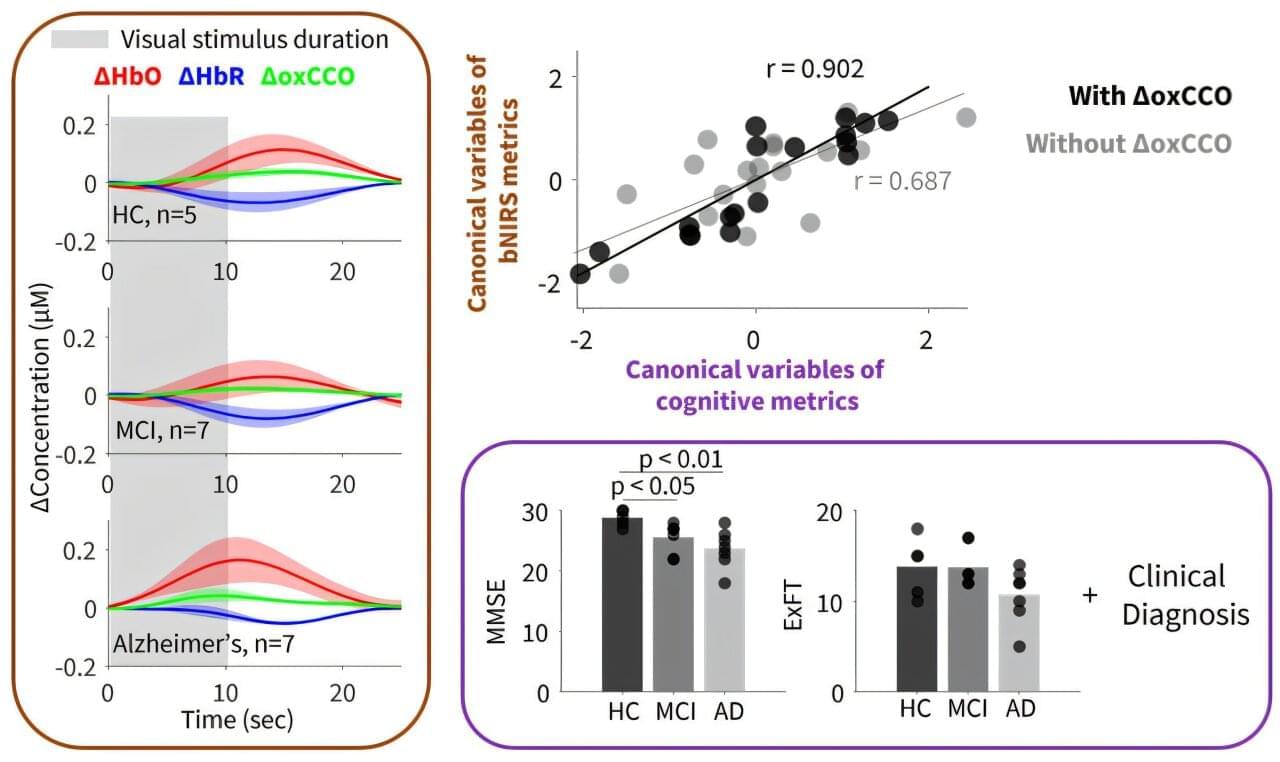Scientists discovered how the brain uses objects to anchor our sense of direction, solving part of the mystery of spatial navigation.



Material capable of securely bonding fractured bone fragments within 2–3 minutes in a blood-rich environment.
Chinese researchers on Tuesday unveiled their self-developed world’s first “bone glue” material capable of securely bonding fractured bone fragments within 2–3 minutes in a blood-rich environment.
Inspired by oysters, this new biomaterial, with a maximum adhesion strength of over… pic.twitter.com/7ozvRrQBP0— China Science (@ChinaScience) September 10, 2025
ในช่วงไม่กี่ปีที่ผ่านมา จีนได้แสดงศักยภาพด้านวิทยาศาสตร์การแพทย์อย่างต่อเนื่อง หนึ่งในผลงานที่ได้รับความสนใจระดับโลกคือการพัฒนาวัสดุชีวภาพชนิดใหม่ที่เรียกว่ากาวกระดูก (Bine Glue) ที่สามารถเชื่อมกระดูกที่หักให้ติดกันได้ภายในระยะเวลาเพียง 3 นาที
Chemists at the University at Albany have developed a high-energy compound that could transform rocket fuel and make space travel more efficient. When ignited, this compound produces significantly more energy per unit of weight and volume than current propellants.
For rockets, this means that less fuel would be needed to achieve the same mission duration or payload capacity, leaving more space for essential equipment and supplies. The research was published in the Journal of the American Chemical Society.
“In rocket ships, space is at a premium,” said Assistant Professor of Chemistry Michael Yeung, whose lab led the work. “Every inch must be packed efficiently, and everything onboard needs to be as light as possible. Creating more efficient fuel using our new compound would mean less space is needed for fuel storage, freeing up room for equipment, including instruments used for research. On the return voyage, this could mean more space is available to bring samples home.”


Early and accurate diagnosis of dementia remains a major challenge. Standard approaches such as MRI and PET scans can provide valuable information about brain structure and function, but they are expensive, not always accessible, and often too expensive for repeated use.
A team of researchers in the UK has now demonstrated that a compact, noninvasive technology—broadband near-infrared spectroscopy (bNIRS)—may offer a new way to detect brain changes linked to Alzheimer’s disease, even in the early stages.
In this pilot study reported in the Journal of Biomedical Optics, scientists used bNIRS to monitor both blood oxygenation and brain metabolism in response to visual stimulation.

Quantum computers promise revolutionary processing power, but realising this potential requires fundamentally new approaches to programming, and a team led by David Wakeham from Torsor Labs now presents a radical departure from conventional methods. The researchers introduce a programming model based on ‘props and ops’, propositions and operators, which replaces the traditional ‘states and gates’ approach with a framework rooted in operator algebra. This innovative system provides a concise and representation-agnostic foundation for quantum programming, effectively rebuilding core concepts like the Bloch sphere from algebraic principles, and offering a novel way to express and manipulate quantum information. By establishing a robust algebraic substrate, the work paves the way for developing high-level quantum languages and, ultimately, practical software applications that can harness the full power of quantum computation.
Researchers have established a new foundation for quantum computing that replaces traditional programming methods with a system based on operator algebra, offering a more versatile and universal approach to building and programming quantum computers.

Recall.ai provides an API to get recordings, transcripts and metadata from video conferencing platforms like Zoom, Google Meet Microsoft Teams, and more. Get this data with our Meeting Bot API, Desktop Recording SDK, or Mobile Recording SDK.
The setting of cookies on this website is set to “Allow Cookies”, in order to provide you with the best possible browsing experience. The site does not use visitor profiling cookies. If you continue to use the Website without changing your cookie settings or click “I Agree” below, you agree to this cookie policy. See also our privacy policy according to GDPR. … I AGREE.